Kaolin clay, also known as China clay or white clay, is a versatile mineral that has gained significant recognition in various industries. With its unique properties and remarkable benefits, this inexpensive and abundant resource has become a game-changer, finding applications in sectors such as ceramics, paper, cosmetics, pharmaceuticals, agriculture, and more. This article explores the myriad uses of kaolin clay and its impact on businesses and consumers alike. 1. Ceramics Industry: Kaolin clay is the backbone of the ceramics industry, acting as a crucial ingredient in the production of porcelain, fine china, and tiles. With its high plasticity, low shrinkage, and excellent whiteness, kaolin clay enhances the strength, smoothness, and brightness of ceramic products. Its unique composition also improves the firing characteristics, leading to better quality and durability, making it an essential material for both traditional and modern ceramics.
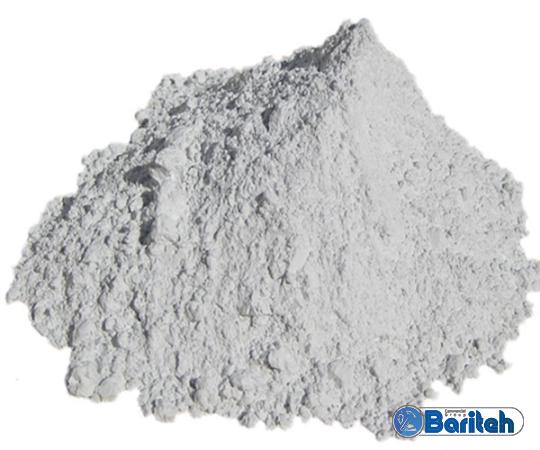
.
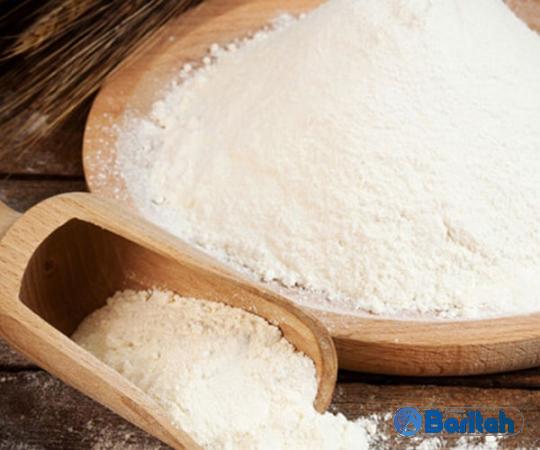 2. Paper Industry: In the paper industry, kaolin clay acts as a key filler and coating material for paper products. Adding kaolin clay to paper during the manufacturing process improves printability, opacity, and brightness. The presence of kaolin clay enhances the smoothness and reduces ink absorption, resulting in sharper and more vibrant prints. Moreover, its fibrous structure enhances the paper’s strength and surface tension, making it ideal for various printing and packaging applications. 3. Cosmetics and Personal Care: Kaolin clay’s gentle nature and exceptional absorption properties make it a popular ingredient in cosmetics and personal care products. Its ability to absorb excess oil, dirt, and impurities makes it an excellent addition to facial masks, cleansers, and scrubs. Furthermore, it provides a soothing effect on the skin, making it suitable for sensitive and acne-prone skin types. Its natural properties also help in improving skin’s texture and promoting a healthier complexion.
2. Paper Industry: In the paper industry, kaolin clay acts as a key filler and coating material for paper products. Adding kaolin clay to paper during the manufacturing process improves printability, opacity, and brightness. The presence of kaolin clay enhances the smoothness and reduces ink absorption, resulting in sharper and more vibrant prints. Moreover, its fibrous structure enhances the paper’s strength and surface tension, making it ideal for various printing and packaging applications. 3. Cosmetics and Personal Care: Kaolin clay’s gentle nature and exceptional absorption properties make it a popular ingredient in cosmetics and personal care products. Its ability to absorb excess oil, dirt, and impurities makes it an excellent addition to facial masks, cleansers, and scrubs. Furthermore, it provides a soothing effect on the skin, making it suitable for sensitive and acne-prone skin types. Its natural properties also help in improving skin’s texture and promoting a healthier complexion.
..
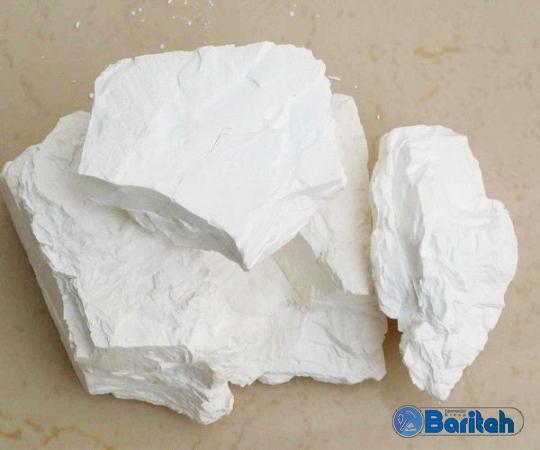 4. Pharmaceuticals: In the pharmaceutical industry, kaolin clay finds applications in the production of medicines and drug delivery systems. Its adsorption properties make it effective for binding toxins, allergens, and other harmful substances in the digestive tract. Kaolin clay is commonly used as an active ingredient in antidiarrheal medications, providing relief from gastrointestinal disorders. Additionally, its gentle nature makes it suitable for use in various oral medications and topical formulations. 5. Agriculture and Animal Husbandry: Kaolin clay plays a vital role in agriculture, particularly in pest control and plant protection. Its clay particles act as a physical barrier, preventing insects from feeding on the crops, ultimately reducing the need for synthetic pesticides. By forming a thin layer on plant surfaces, it also helps reflect excess sunlight, minimizing heat stress and crop damage.
4. Pharmaceuticals: In the pharmaceutical industry, kaolin clay finds applications in the production of medicines and drug delivery systems. Its adsorption properties make it effective for binding toxins, allergens, and other harmful substances in the digestive tract. Kaolin clay is commonly used as an active ingredient in antidiarrheal medications, providing relief from gastrointestinal disorders. Additionally, its gentle nature makes it suitable for use in various oral medications and topical formulations. 5. Agriculture and Animal Husbandry: Kaolin clay plays a vital role in agriculture, particularly in pest control and plant protection. Its clay particles act as a physical barrier, preventing insects from feeding on the crops, ultimately reducing the need for synthetic pesticides. By forming a thin layer on plant surfaces, it also helps reflect excess sunlight, minimizing heat stress and crop damage.
…
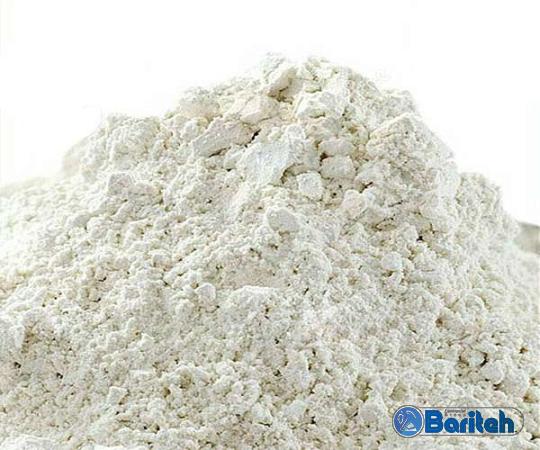 Moreover, kaolin clay is being used in animal husbandry to promote healthier coats and control parasitic infestations in livestock. Conclusion: Kaolin clay’s versatility and wide-ranging applications make it an indispensable resource in various industries. With its unique physical and chemical properties, this mineral offers businesses the opportunity to enhance their products in terms of quality, performance, and sustainability. From ceramics and paper to cosmetics and pharmaceuticals, kaolin clay continues to revolutionize multiple sectors and provide consumers with improved and eco-friendly solutions. As we delve deeper into the potential of kaolin clay, truly, it substantiates its rightful place as a game-changer in the modern business landscape.
Moreover, kaolin clay is being used in animal husbandry to promote healthier coats and control parasitic infestations in livestock. Conclusion: Kaolin clay’s versatility and wide-ranging applications make it an indispensable resource in various industries. With its unique physical and chemical properties, this mineral offers businesses the opportunity to enhance their products in terms of quality, performance, and sustainability. From ceramics and paper to cosmetics and pharmaceuticals, kaolin clay continues to revolutionize multiple sectors and provide consumers with improved and eco-friendly solutions. As we delve deeper into the potential of kaolin clay, truly, it substantiates its rightful place as a game-changer in the modern business landscape.
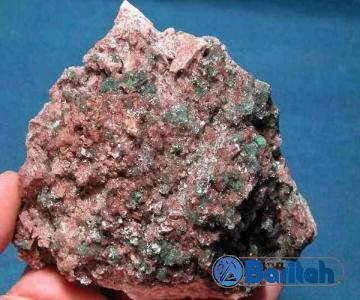
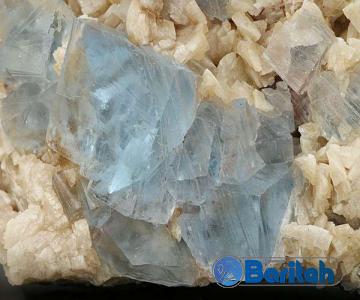
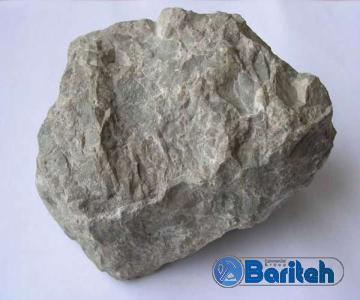

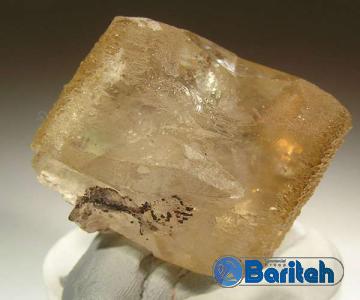
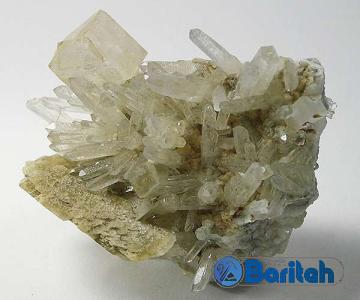
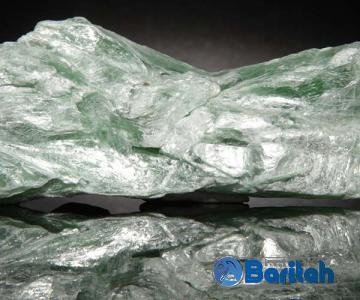
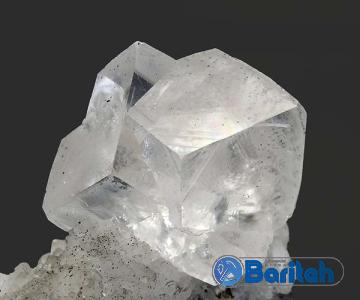
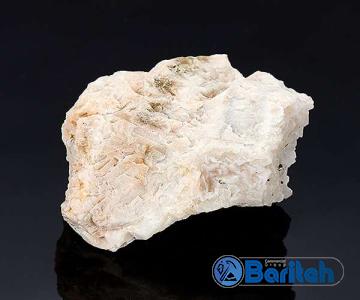
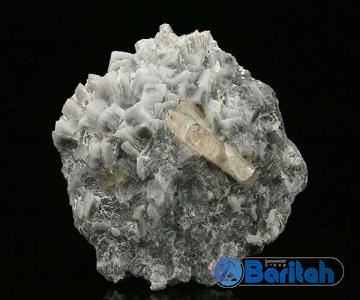
Your comment submitted.